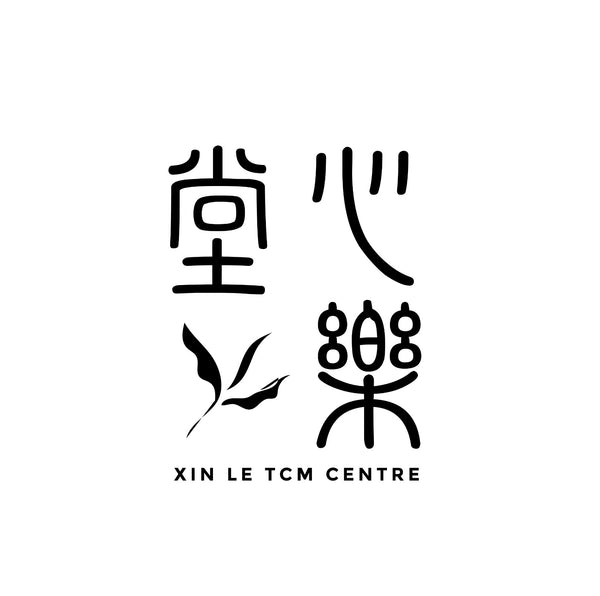It’s a rainy night, the aircon is on, yet you find yourself sweating through the night. Don’t worry, it’s not weird at all.
Postpartum night sweating is one of the most common experiences for new mums. It refers to excessive sweating during sleep, which can disrupt your rest and affect your energy during the day.
Some might think it’s just because the body is still weak after giving birth, or that it will go away on its own after a few days. But from a TCM perspective, there’s more to it than that.
Why Is This Happening?
In TCM, postpartum night sweating is mainly caused by Yin and Qi deficiency.
During pregnancy, your body produces about 50% more blood and fluids to support your baby’s growth. After giving birth, your body no longer needs these extra fluids and naturally tries to eliminate them.
At the same time, childbirth leads to blood loss and depletes your Qi (vital energy). When Qi is weak, your body can’t properly control your pores then it’s like a door that can’t open or close properly, letting the “heat” and fluids escape.
Yin represents coolness and fluids in the body. It helps to control sweating and maintain moisture.
Yang, on the other hand, represents warmth and activity.

When Yin becomes too weak, Yang becomes overactive, creating internal heat that forces fluids to escape through open pores especially at night.
According to TCM, nighttime belongs to Yin, when your body should be cooling down and resting. So when you sweat excessively at night, it’s a sign that Yin and Qi are still too weak to regulate your body temperature.
That’s why during confinement, it’s so important to stay warm and avoid wind or cold air. This helps your body conserve the little Qi and Yin it has, allowing proper recovery.
What You Can Do to Relieve Night Sweating

1. Try Acupuncture
Acupuncture helps restore balance between Yin and Yang, clears internal heat, and improves Qi circulation. It’s a gentle and effective way to regulate your body from within.
2. Chinese Herbal Medicine

Certain herbs are commonly used to nourish Yin, clear heat, and strengthen Qi, such as:
- Di Huang (Rehmannia root)
- Shan Yao (Chinese Yam)
- Fu Xiao Mai (Blighted wheat)
- Sha Shen (Glehnia root)
- Dang Shen (Codonopsis root)
- Dang Gui (Angelica sinensis)
Since every mother’s body is different, it’s best to consult a TCM practitioner for a personalised prescription that suits your body condition.
3. Keep Your Room Cool, Not Cold

Yes, you read that right! You can use the aircon during confinement. The key is balance. Avoid direct cold air, keep your neck, shoulders, tummy, and knees covered, and wear socks to stay warm. Turn off the aircon before your bath, and make sure you’re completely dry before re-entering the room.
4. Stay Hydrated

Night sweating can cause dehydration, especially if you’re breastfeeding. Dehydration can make you feel more tired and even affect milk supply.
Drink warm or room-temperature water instead of cold ones. You can also sip on warm red date tea or rice tea to boost Qi and keep your body warm.
5. Eat Foods That Nourish Yin and Qi

Include foods that help rebuild Yin and Qi, such as:
- Red dates
- Black fungus
- Black sesame
- Black beans
- Millet
- Tofu
- Shiitake mushrooms
- Mulberries
Also, include more green leafy vegetables and lean proteins to support your recovery.
At the same time, avoid foods that generate internal heat like spicy food, caffeine, and alcohol as they can worsen sweating and drain your Yin further.
Postpartum night sweating is your body’s way of readjusting after childbirth, a sign that your Yin and Qi need more nourishment and care.
With the right TCM support, balanced rest, and warmth, your body will find its balance again soon.

